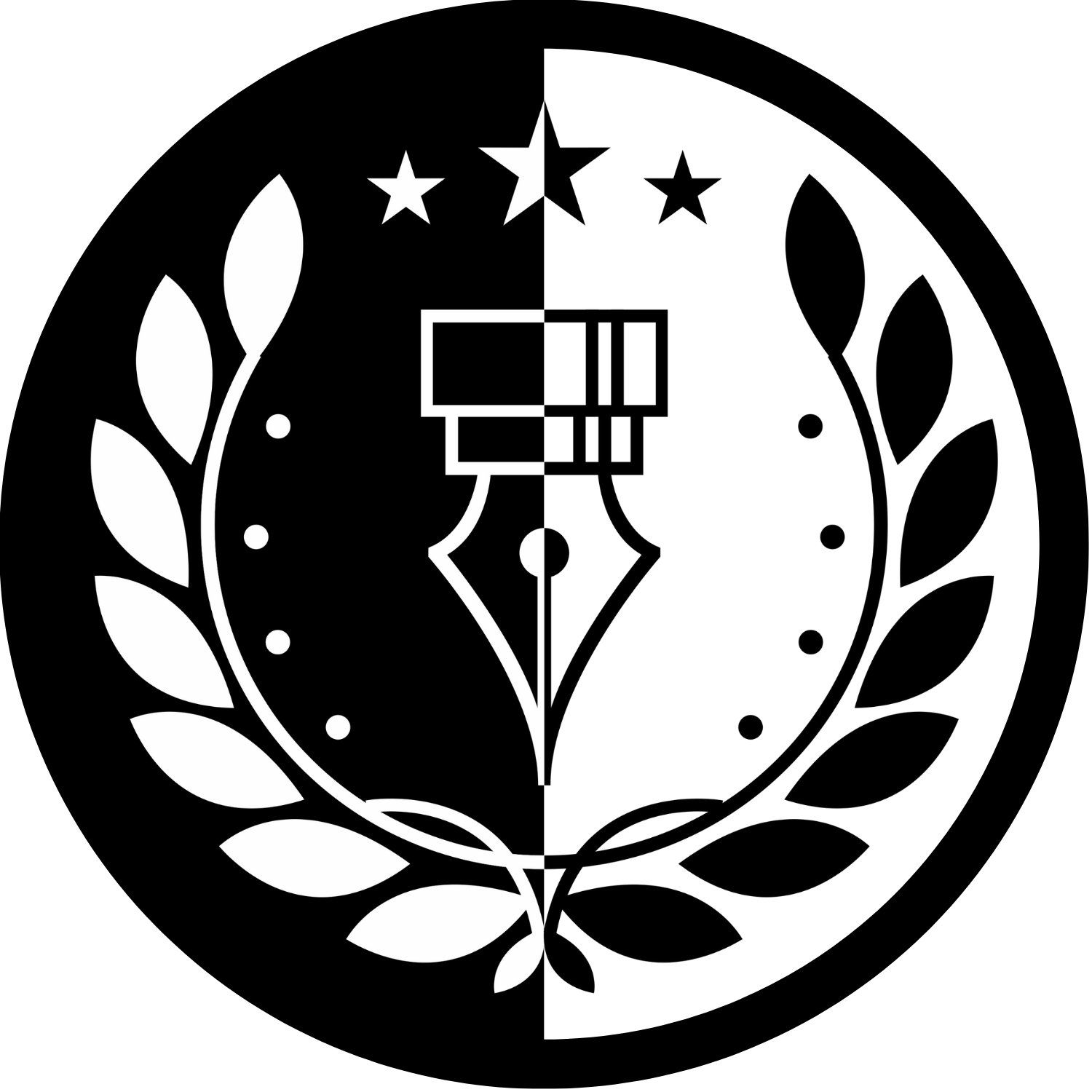Basics of Intellectual Property Rights - Copyright & Trademark
- Paradoxical Quotes Publisher

- Dec 24, 2019
- 4 min read
Updated: May 15, 2020

The rights and related issues with intellectual property is a topic of hot global issues. A world with a static economy, where the need for digitals resource must be protected. But what is IPR and where it came from? Let me walk you through.
What Is Intellectual Property Right?The property which is created by human intelligence is known as intellectual property. In order to protect the form of presenting our ideas. Government has come up with the Intellectual property law. The Intellectual property rights were created for generating more and more intellectual ideas and goods which will benefit the society and the creator of ideas by providing a portion of economic incentives for the goods created. It gives the owner rights to benefit from their creation or work and protect them from imitation or unauthorized use. World Intellectual Property Organization describe Intellectual Property as "The creations of the mind, inventions, literary and artistic works, and symbols, names, images and designs used in commerce"(Intellectual Property Rights by WIPO).
HistoryIPR traces back as early as 1808 when the term Intellectual property was published for the first time in the monthly review. · Great depression of the 1930s of international trade· 1947: 23 countries signed on GATT- settlement of disputes on world trade share.· Dunken Proposal by Mr Arther Dunkel.· 1994: Morocco- 124 countries signed an accord which gave rise to WTO. Types of Intellectual Property rights consists of two types:1. Copyrights2. Industrial Property Rights- patents, trademarks, industrial designs etc. However, we will discuss here the basics of copyrights and trademark.
CopyrightCopyright can be defined as an exclusive right vested upon the authors of original work. It is a legal right to protect one’s creativity and originality of a work. Basically, it means that your work cannot be utilized, modified or published without your permission. Work created on or after January 1978, Copyright protection exists automatically from the moment a work is created by the author in a tangible form (i.e. touchable form). However, it doesn’t guarantee to protect an idea or a conceptual work, Copyright gives the exclusive right to authors to utilize, distribute, present publicly or reproduce the work. The author also possesses the right to authorize others to utilize the work to generate revenue. It is freely transferable with the consent of the author. Copyright is a federal law that falls under 17 U.S. Code Title 17 created with an objective to protect the ideas and invention of an author and to promote creativity and learning. For example: Let A and B be two different people having no kinship or connectedness. If A steal the work of B, B cannot just go and sue A until and unless B’s work has been copyrighted officially. It is a legal ground where the law protects your work and its ingenuity. Examples of work that can be copyrighted: Any work which is original and created by the author independently can be copyrighted. Original does not mean that the work needs to be novel, lawful content, artistic or creative. For an example modified or improvised version of any artistic sculpture in the public domain, are copyrightable. Literary, musical and dramatic works Architectural works, choreographic works, pictorial, graphic sculptural works, Sound recordings, compilations and derivative works are all copyrightable. However, intangible ideas, systems, procedures, methods etc. cannot be copyrighted.
Copyright Duration:Generally, the term for copyright is the author’s lifetime. However, if the work is from anonymous, or corporate or pseudonymous work, then the duration of copyright is 95 years from the date of first publication and 120 years from the date of creation.
Do I have to bother about Copyright?Well, the answer to this question depends upon the feasibility of your work or originality or creativity. If you think that your work has the potential to generate revenue, or artistically unique or creative then the answer is yes you need to bother about copyright.
Trademark:A Trademark is a symbol, catchphrase, mark, letter, word, logo or insignia to represent a brand or product. It is a symbol which tells us the source of a product. For example, Adidas, Nike, Pepsi etc. have their own trademark (Logo) to distribute their product. Trademark can be owned by an individual, organization or any corporation. It is an exclusive identity of a product or services and their source company which sets apart from the rest. Examples of Trademark: Some of the most popular trademark used by various companies like Macdonald, Pepsi, Shoppers Stop, PubMed, Wikipedia
Trademark Duration:Under Federal law, A Trademark usually lasts for 10 years from the date of registration. In order to maintain the registration, the owner must file for renewal during the last year of each term. Before renewal, from the date of first-time registration, the owner must file a Declaration of Use in the fifth or sixth year. In case the owner fails to do so the registration will be cancelled.
Do I have to bother about Trademark?Again, the answer depends on your goods and services and its feasibility in the market. If it has the potential to grow big economically then yes, you should go for trademark registration.



Comments